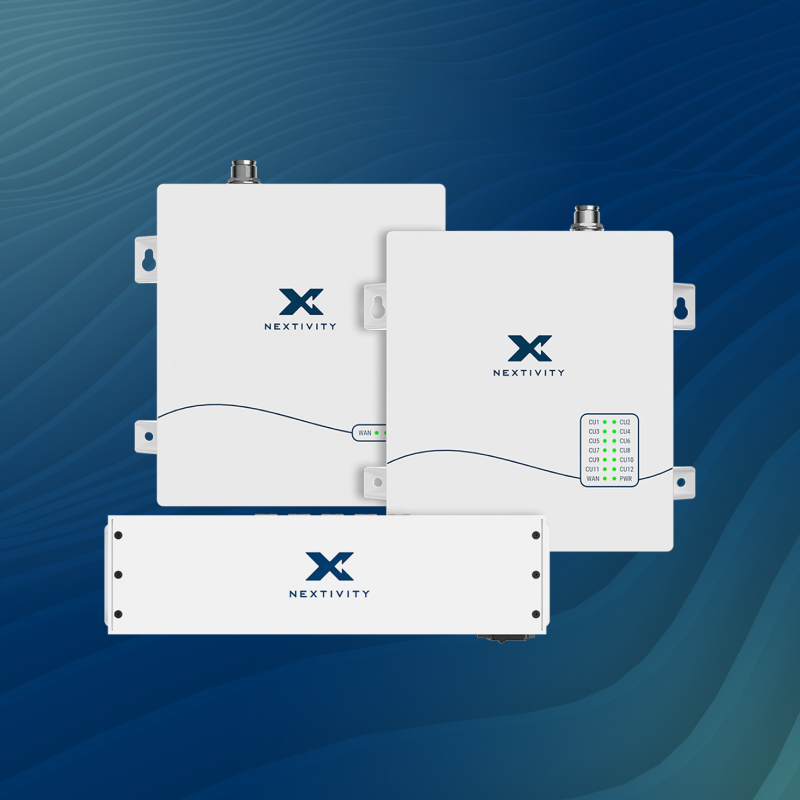Using CEL-FI products could eliminate notorious mobile blackspot problems in the Republic of Ireland
Current mobile phone licences in Ireland only require MNOs (mobile network operators) to provide coverage for up to 90% of the population, with no geographical coverage stipulation. As a result, the country has many mobile ‘blackspots’ and away from densely populated areas, reliable 4G coverage is moderate at best.
To address Ireland’s ongoing mobile coverage problem, which is being exacerbated by changing mobile phone usage habits, The Commission for Communications Regulation (ComReg), has embarked on a rigorous publicity campaign to raise awareness about the benefits of mobile signal booster technology further to a change in the mobile repeater laws governing their usage in June last year.
The regulator has asked Nextivity Inc, developers of next-generation mobile repeater technology, along with other suppliers to support their campaign. Apart from being fully compliant with the new ComReg specification, CEL-FI by Nextivity is the only product range in the UK that satisfies Ofcom’s mobile repeater licence exemption specification, making it legal to use on all mobile 3G and 4G networks across the British Isles.
“Purchasing and installing repeater devices that are not EU approved and compliant with the new specification issued by ComReg last June can cause harmful interference to operators’ networks, resulting in loss of service for consumers. They are also illegal to possess. A full list of compliant solutions and installers can be found on the ComReg website.” Karl Craine, Radio Spectrum Engineer, ComReg.
The strength of a signal received on a mobile phone usually depends on how close that phone is to a mobile network mast. If a phone call is initiated indoors, the signal strength is often significantly weaker because building materials and insulation impede mobile signal transmission, sometimes blocking 3G and 4G signals completely.
With smartphones becoming ever more sophisticated and mobile subscriptions on the increase the only way around the problem is to take the outdoor signal indoors via third party equipment but this has historically been expensive and shrouded in strict licensing regulation. The end result has been the widespread deployment of contraband equipment which can be damaging to the mobile networks themselves.
“In our digital age, having to tolerate poor or no mobile coverage is simply not acceptable,” says Colin Abrey, VP Channel Sales, EMEA at Nextivity. “This is why our technical team has worked with the regulators in the UK and Ireland to ensure compliance with the licence exemption specifications across our entire CEL-FI range. This protect the MNOs’ reputations while delivering a better service to consumers and businesses.”
Further to ComReg’s relaxation in the Irish mobile repeater laws for in-building and in-vehicle use, any home or business owners wanting to improve their coverage situation can do so by purchasing and installing off-the-shelf equipment. The only limitation is that the equipment must be compliant with international EU standards and the licence exemption specifications of ComReg. Repeaters must, for example, not interfere with any of the mobile networks, must be able to detect and mitigate any signal variations in uplink and downlink frequency bands, and must control noise levels based on where they are in relation to the serving base station.
Designed with the award-winning Intelliboost chipset at its core, the CEL-FI by Nextivity product range ticks all the ComReg regulatory boxes. The baseband processors are optimized to process radio frequency signals with incredibly low latency, ensuring seamless operation between mobile networks and handsets for all 3G and 4G/LTE technologies and services.
In parallel to the mobile repeater awareness campaign, ComReg has also recently published a map of mobile coverage blackspots across the Republic and it is hoped that this, alongside greater awareness about mobile repeater technology, will help improve the mobile coverage situation across Ireland as a whole, particularly in rural areas.



